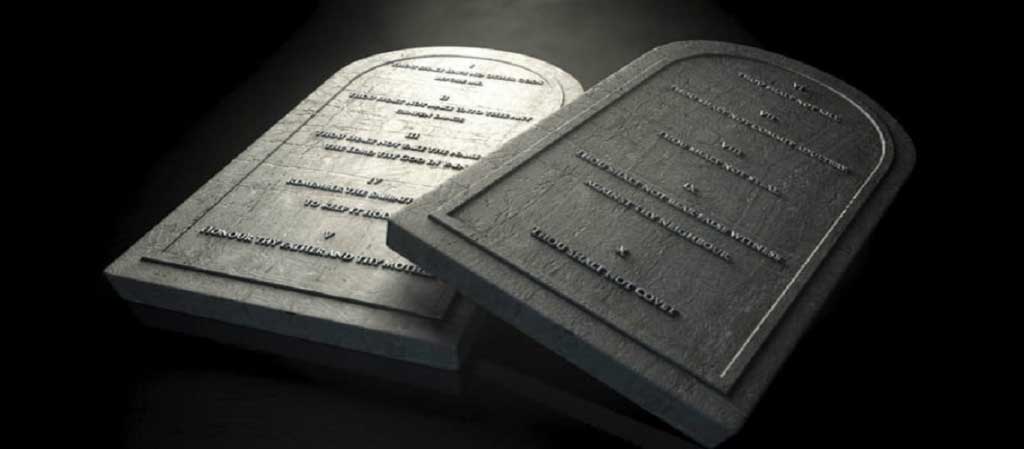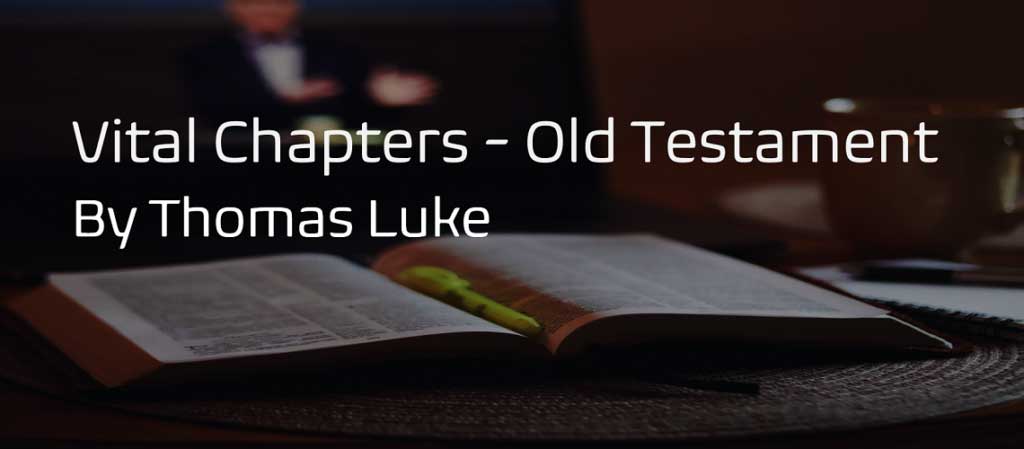(1) Civil Use: primarily (though not exclusively) for unbelievers
For the first use, it may be helpful to summarize that here the law functions essentially as an external restraint against wickedness (like a muzzle on a vicious animal). Not violating the law because of the fear of consequences, not because of a regenerated (supernaturally changed heart)
(2) Theological Use: believers and unbelievers
For the second use, I would suggest this application applies to believers too in the sense that the law continually drives us to repent of our sin throughout the process of sanctification (i.e., mortification/ vivification).
(3) Didactic Use: believers only
The main point with the third use is to affirm that the law really does give us instruction concerning the sorts of things that please God, and it is therefore valuable as a guide in the Christian’s daily pursuit of holiness as empowered by the Holy Spirit.
Dr. David Luy
Chair, Department of Biblical and Systematic Theology – Associate Professor of Biblical and Systematic Theology – Trinity Evangelical Divinity School



